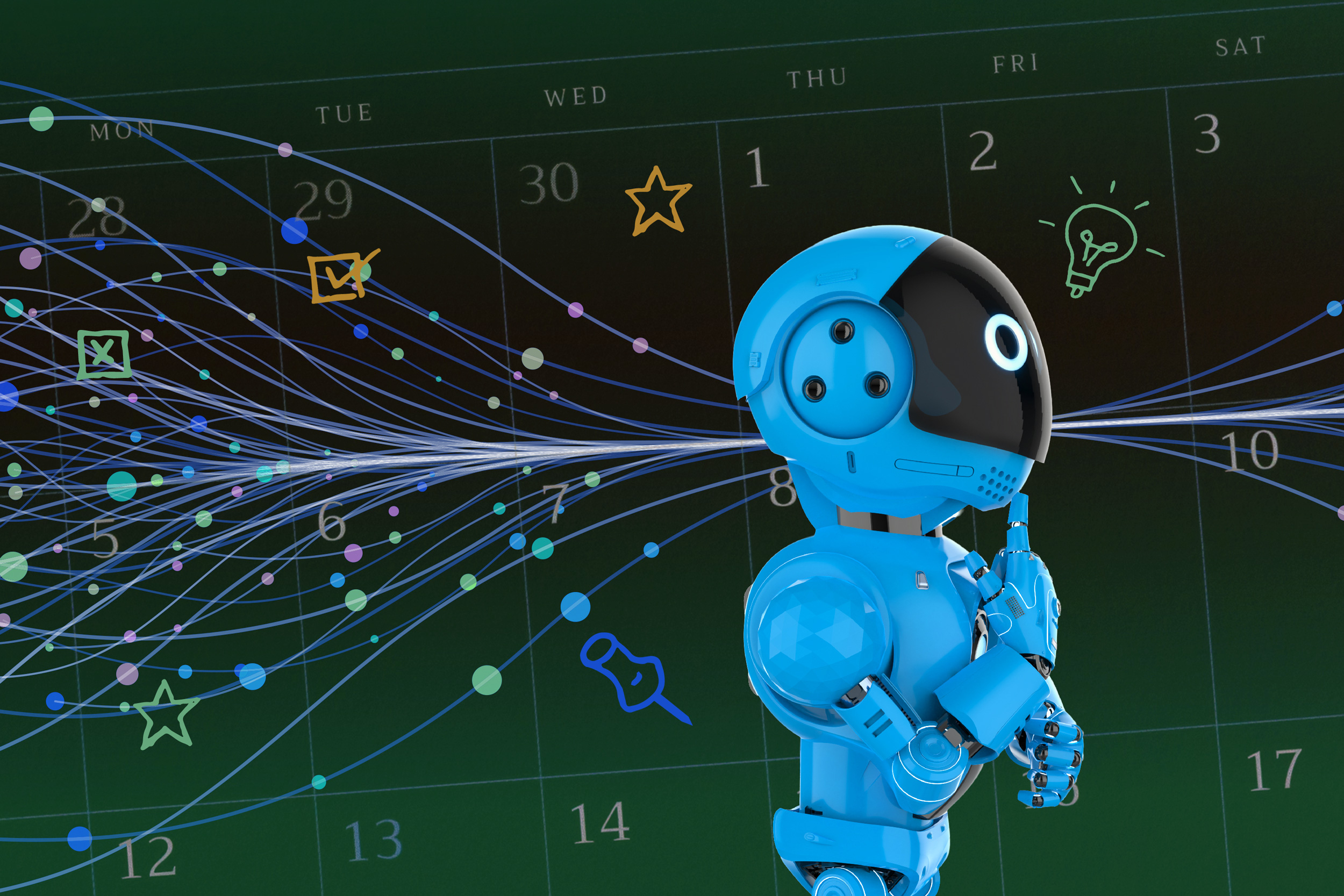BREAKING: MIT researchers have just announced a groundbreaking approach that enables large language models (LLMs) to permanently absorb new knowledge, similar to how students learn and retain information. This innovative technique, known as SEAL (Self-Adapting LLMs), allows AI systems to generate their own “study sheets” from user inputs, fundamentally changing the landscape of artificial intelligence.
Currently, LLMs are limited by their static nature; once deployed, they cannot adapt to new information. This means that crucial details shared in conversations are lost in subsequent interactions. However, researchers at MIT have developed a method that allows these models to continuously improve and learn from user interactions, ensuring they remain relevant and effective in evolving environments.
The SEAL framework enables LLMs to produce synthetic data based on user inputs, effectively rewriting and summarizing information to create self-edits. Through a trial-and-error process similar to reinforcement learning, these models can then determine which edits lead to the most significant performance improvements. In tests, SEAL has already demonstrated an impressive 15 percent increase in accuracy for question-answering tasks, and in some skill-learning scenarios, it achieved over a 50 percent boost in success rates.
“Our hope is that the model will learn to make the best kind of study sheet,” said Adam Zweiger, co-lead author and MIT undergraduate. This adaptability not only mimics human learning but also enhances the model’s ability to handle new inputs effectively.
The research, which will be presented at the upcoming Conference on Neural Information Processing Systems, includes contributions from graduate students Han Guo and Ekin Akyürek, along with senior researchers Yoon Kim and Pulkit Agrawal from MIT’s Department of Electrical Engineering and Computer Science.
Despite the progress, challenges remain. One significant issue is “catastrophic forgetting,” where the model’s performance on earlier tasks declines as it adapts to new information. Researchers are actively exploring solutions to mitigate this problem and plan to investigate multi-agent settings where several LLMs could learn from each other.
“One of the key barriers to LLMs that can do meaningful scientific research is their inability to update themselves based on their interactions with new information,” Zweiger emphasized. As AI continues to advance, the implications of this research could pave the way for more dynamic and capable AI systems that can learn in real-time, ultimately benefiting a wide range of fields from education to scientific research.
This pioneering work is supported by several organizations, including the U.S. Army Research Office and the U.S. Air Force AI Accelerator, highlighting the increasing importance of adaptive AI systems in various sectors.
Stay tuned for further updates on this developing story as MIT continues to push the boundaries of artificial intelligence and machine learning.
